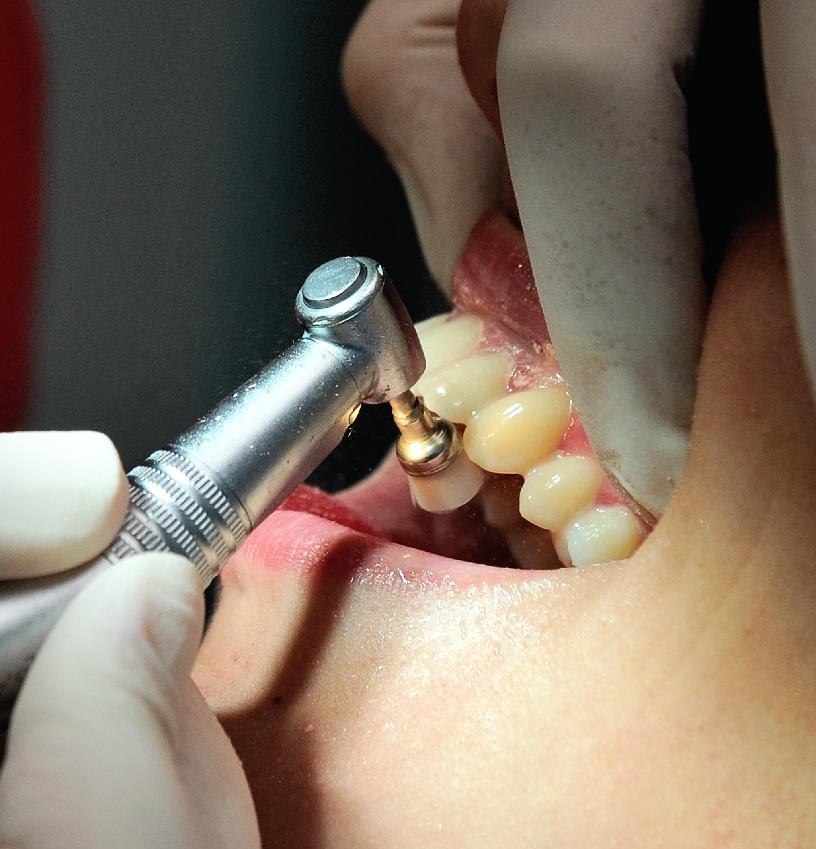
Sugar industry shaped advice on cavity prevention, study shows
A study of documents from the 1960s and 1970s has revealed the international sugar industry convinced U.S. government scientists to research ways of preventing cavities that didn’t involve eliminating sweets – despite knowing that sugar caused tooth decay as early as 1950. A study of 319 industry documents in the journal PLOS Medicine showed “a sugar industry trade organisation representing 30 international members” set the research agenda. By 1969, the National Institutes of Health had been convinced that reducing sugar consumption, “while theoretically possible”, was not practical as a public health measure.
The dental community has always known that preventing tooth decay required restricting sugar intake. It was disappointing to learn that the policies we are debating today could have been addressed more than 40 years ago.
Author Cristin Kearns, a University of California, San Francisco postdoctoral scholar
The sugar industry funded research on enzymes to break up dental plaque and a vaccine against tooth decay, and cultivated relationships in the the NIH in a way that was “strikingly similar to what we saw in the tobacco industry in the same era”, said co-author Stanton Glantz. The researchers also found that the sugar industry-led efforts “largely failed to produce results” when it came to preventing cavities, which affect half of US adults and are the leading chronic disease in American children.

Health